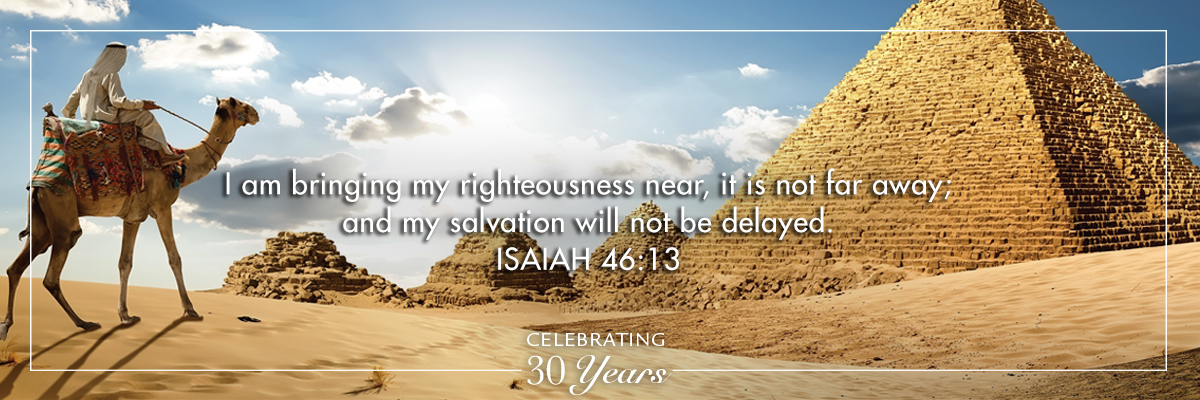

In Egypt, but Not of It
- August 24, 2018 | Genesis 47:1–12
People who move to a new country—whether as immigrants, refugees, or missionaries—often try to learn their new culture while maintaining their previous national and cultural activity. The first generation might keep their language and customs, but their children and grandchildren assimilate more until the original cultural identity is subsumed into the new one.
Joseph was also concerned about assimilation. He knew how dominant Egyptian culture could be. He had assimilated in many ways: he spoke the language, adopted their dress, and took an Egyptian name. But he was also concerned that he and his family maintain their Hebrew distinctiveness.
When his family was about to meet Pharaoh, Joseph coached them about what to say. He wanted them to emphasize that they are shepherds, which were less socially desirable to the Egyptians (46:30). He wanted his family to live in Goshen apart from other Egyptians, allowing them to maintain their identity as children of Abraham throughout their time in a foreign country.
The plan worked better than Joseph could have hoped. Not only did Pharaoh allow them to live in Goshen, he also put them in charge of his own livestock (v. 6). The Hebrew phrase here literally reads “officers of cattle,” which was a well-known Egyptian office. It would have allowed Joseph’s family to have legal protection not normally given to immigrants.
When asked by Pharaoh, Jacob described the years of his life as “few and difficult” (v. 9). But the scene ends in a touching way with an elderly Jacob blessing Pharaoh (v. 10). This reversal of roles fits well with Abraham’s call to “be a blessing” to the nations (12:3).
Pray with Us
Computers have changed our world and also brought new challenges with them. Frank Leber, VP of Information Technology Services, and his team face these challenges every day and will be grateful for your prayers today.






